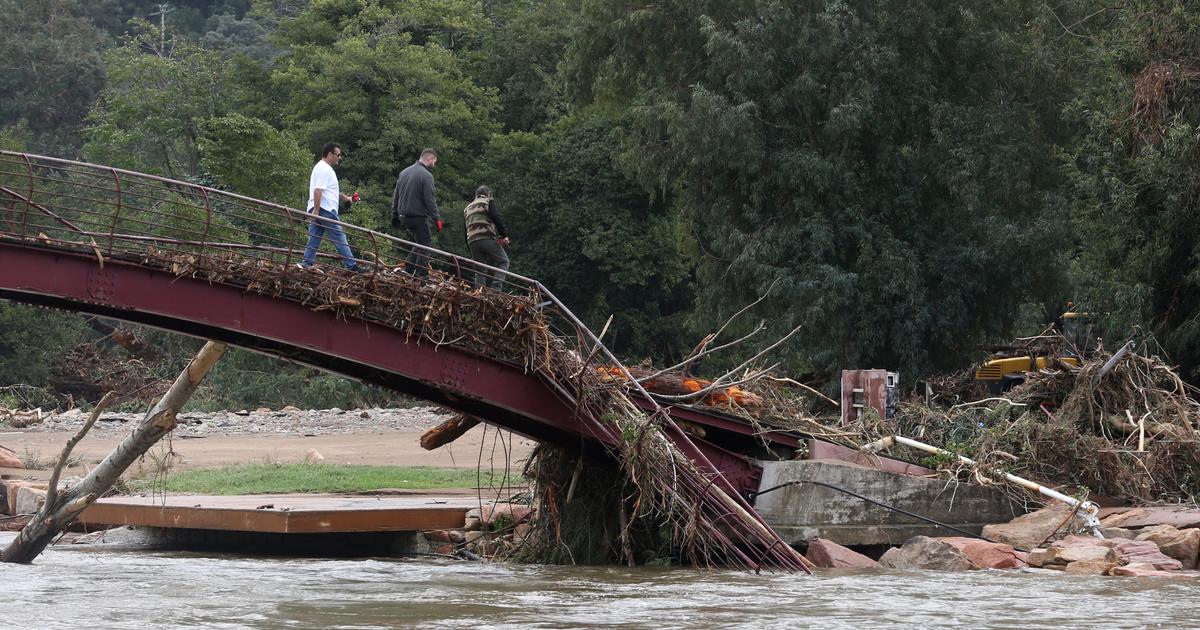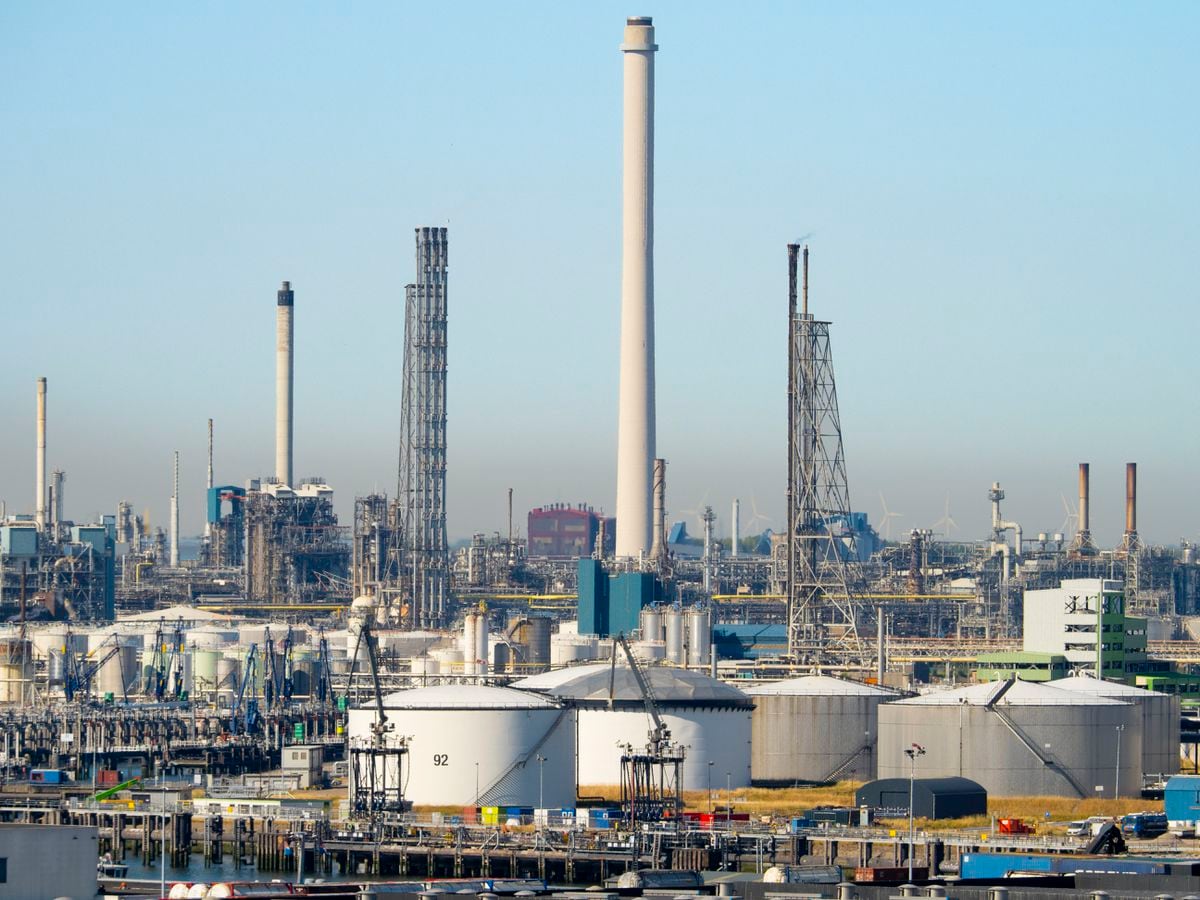Enlarge image
Steel production: Largest CO₂ emitter in industry
Photo: DPA
In order to make it easier for the basic materials industry to switch to climate-neutral production processes, the state has made extensive commitments.
According to a study, they could burden households by a good 40 billion euros.
In addition to the construction costs for climate-friendly plants of eight billion euros, a further 34 billion euros could be added over ten years for more expensive production, according to the concept of the Agora think tank, which was presented to the Reuters news agency on Monday.
But if EU regulations support the conversion, the total costs could be reduced to up to ten billion euros.
"The federal government must now quickly start drafting the climate protection agreements and provide the necessary financial resources in the budget to initiate the transformation of German factories to climate neutrality in a timely and effective manner," said Frank Peter, Director of Agora Industrie.
Economics Minister Robert Habeck (Greens) wants to present plans by the summer at the latest.
more on the subject
ADAC survey: Petrol in Germany more expensive than ever
Less CO₂ in production: How the steel industry wants to become climate-friendlyBy Jörg Römer
Political Consequences of Currency Devaluation: The Social Explosive of InflationA column by Michael Sauga
The steel, chemical and cement industries are a particular problem because the production processes here cannot easily be converted to renewable electricity.
According to Agora, up to half of the systems will have to be replaced in the next few years.
Since these have been in operation for well over 20 years, the impetus for the conversion must now be given in order to achieve the goal of climate neutrality by 2045.
With the contracts, Germany wants to reduce the additional costs compared to conventional production. The focus is on the steel industry, the largest CO₂ producer in the industry, for which up to 27 billion euros in additional production costs would have to be secured. This is about replacing coking coal with hydrogen, which is generated using wind or solar power. In the chemical industry with ammonia production, the costs would be significantly lower. In the case of cement, they could be almost zero if the CO₂ were stored underground. However, the Greens reject this CCS technology (Carbon Capture and Storage).
According to the study, the contracts should be accompanied by EU rules that provide for significantly fewer rights to CO₂ emissions for conventional production.
A tax on "dirty" products at the EU's external borders would also help to reduce the costs of the contracts.
mike/Reuters















